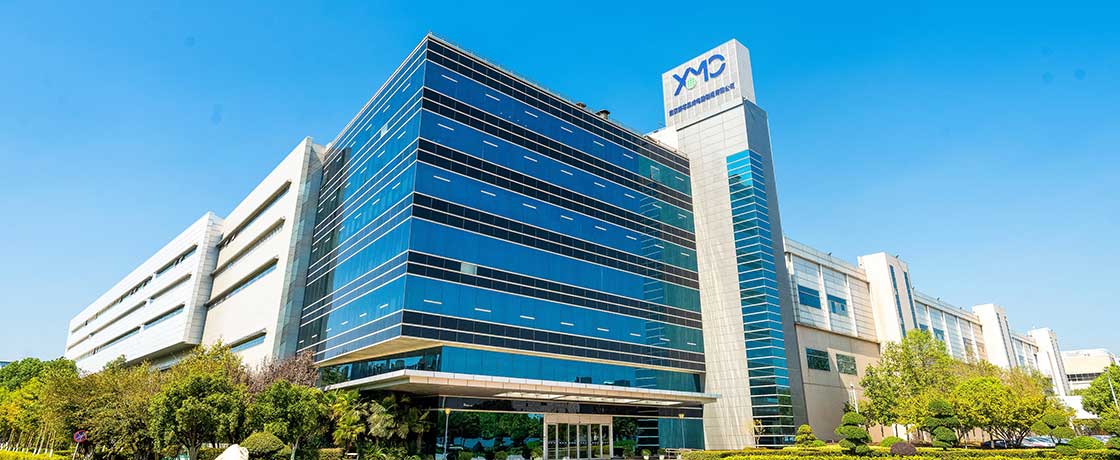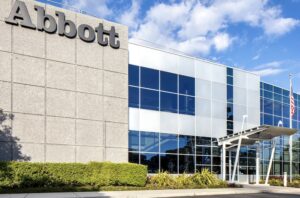China’s Huawei plans to cooperate with memory manufacturer Wuhan Xinxin Semiconductor Manufacturing Co. (XMC) to produce High Bandwidth Memory (HBM) semiconductors, Korean media outlet The Chosun Daily reported. Jiangsu Changjiang Electronics Technology (JCET) and Tongfu Microelectronics, which developed the CoWoS advanced packaging technology, are also participating in the project.
This is not just a collaboration of companies. It aims to circumvent US restrictions and sanctions on the industry.
CoWoS is a high-precision technology that integrates graphics processing units (GPUs) and HBM on a single substrate. This improves computing performance, saves space and reduces power consumption. Currently, CoWoS technology developed by leading foundry TSMC is used in the production of AI chips for GPU giant NVIDIA.
According to another report published by Reuters in May 2023, China’s leading DRAM company CXMT (ChangXin Memory Technologies) collaborated with Tongfu Microelectronics to develop HBM chip samples. In addition, technology media outlet The Information reports that a number of Chinese companies, previously led by Huawei, plan to mass produce HBM and increase China’s HBM production by 2026.
Furthermore, in March 2023, XMC announced the construction of an advanced HBM production facility that is expected to produce 3,000 12-inch wafers per month.
The report also emphasizes that China is still in the early stages of HBM development. However, under the technological restrictions imposed by the US on the semiconductor and artificial intelligence sectors, Huawei and a number of Chinese semiconductor companies’ move into HBM production has attracted close attention.
Currently, South Korean companies SK Hynix and Samsung Electronics control most of the global HBM market share, indicating that Huawei’s HBM development plan still has a long way to go.
According to TrendForce’s data, the market shares of the three major HBM manufacturers are as follows: In 2023, SK Hynix and Samsung each had a share of about 47.5 percent, while Micron’s share was about 5 percent. Still, forecasts suggest that SK Hynix’s market share will rise to 52.5 percent in 2024, while Samsung’s will fall to 42.4 percent.







